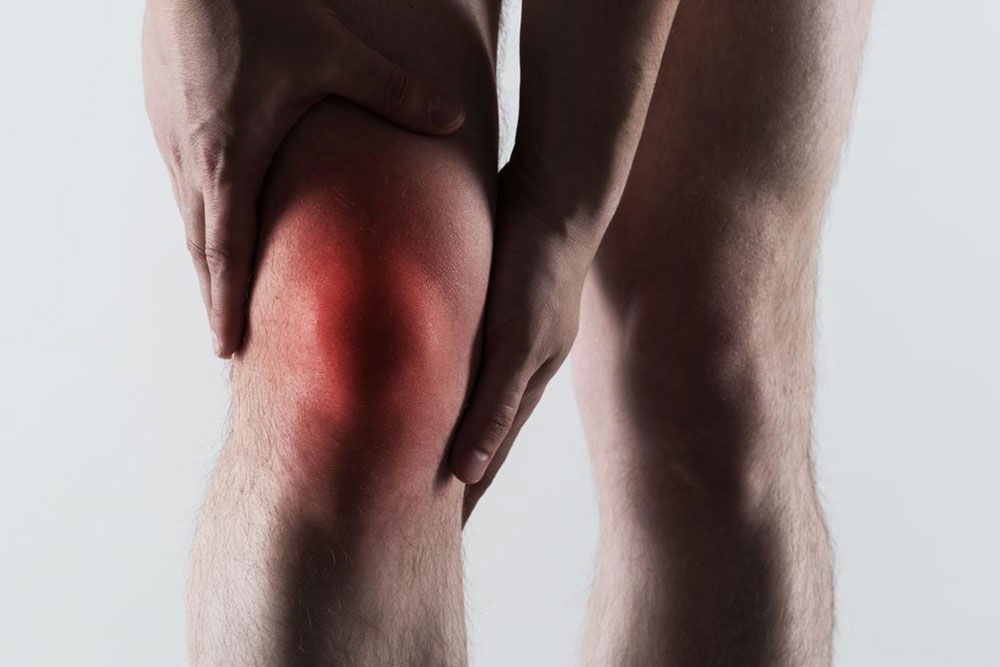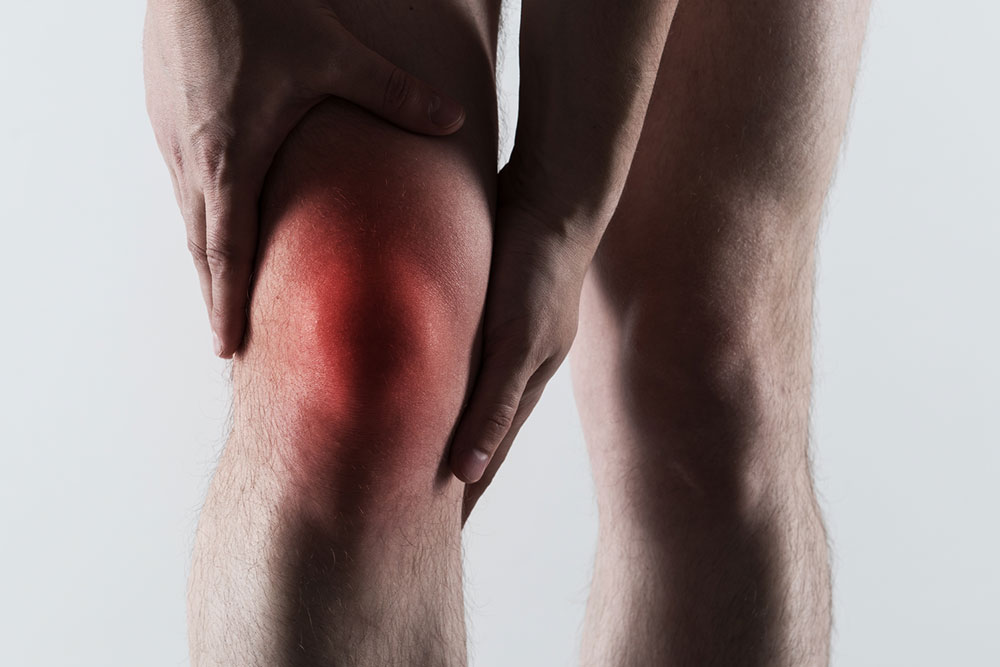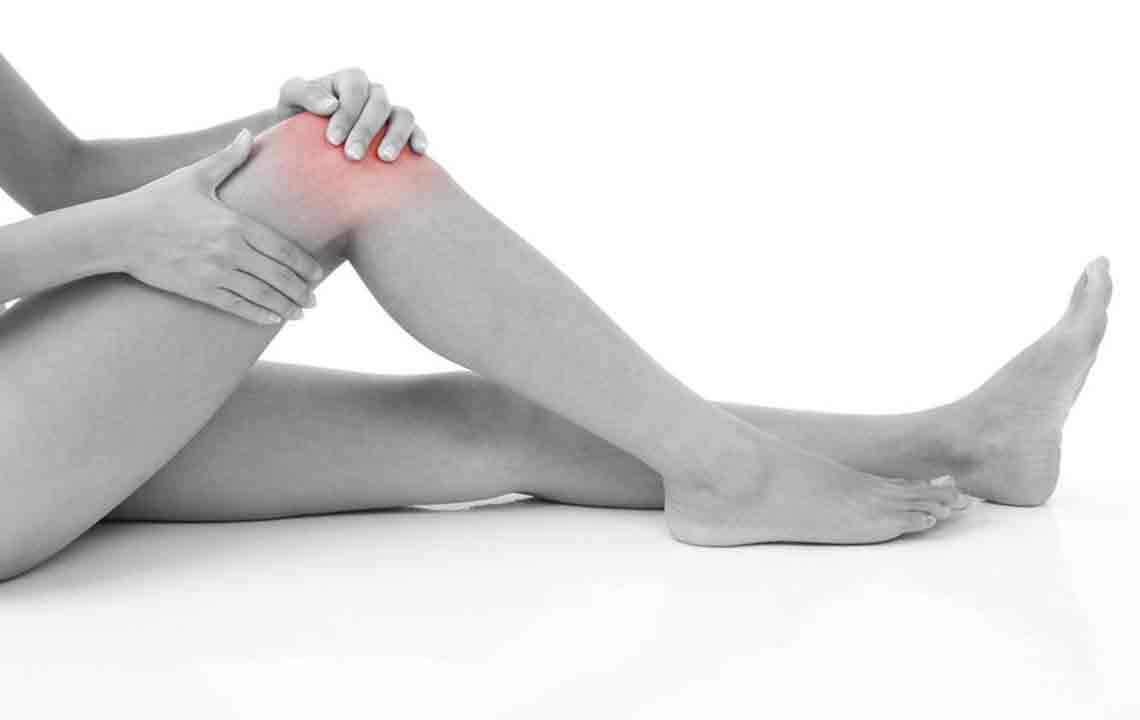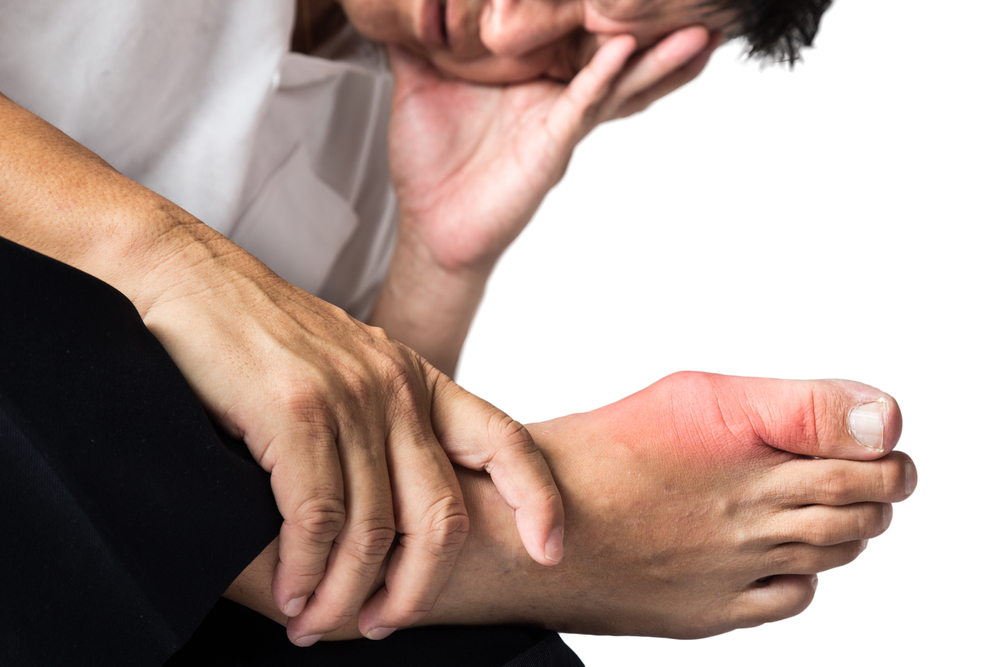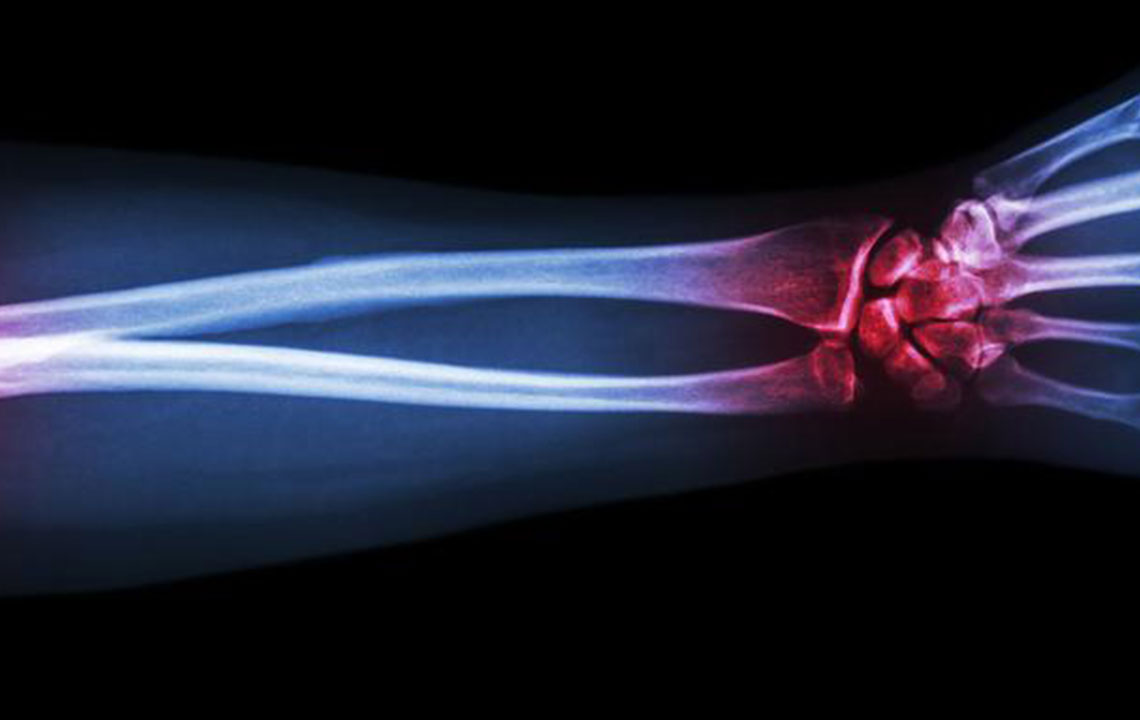Effective Light-Weight Strategies for Managing Gout
Discover effective, practical strategies to manage gout, including lifestyle changes, medication options, and dietary tips. Learn how to reduce flare-ups and control symptoms promptly with personalized care, emphasizing the importance of warning signs, hydration, medication, and patience. This comprehensive guide helps those affected by gout take informed steps toward relief and prevention, highlighting the significance of medical supervision for persistent issues.
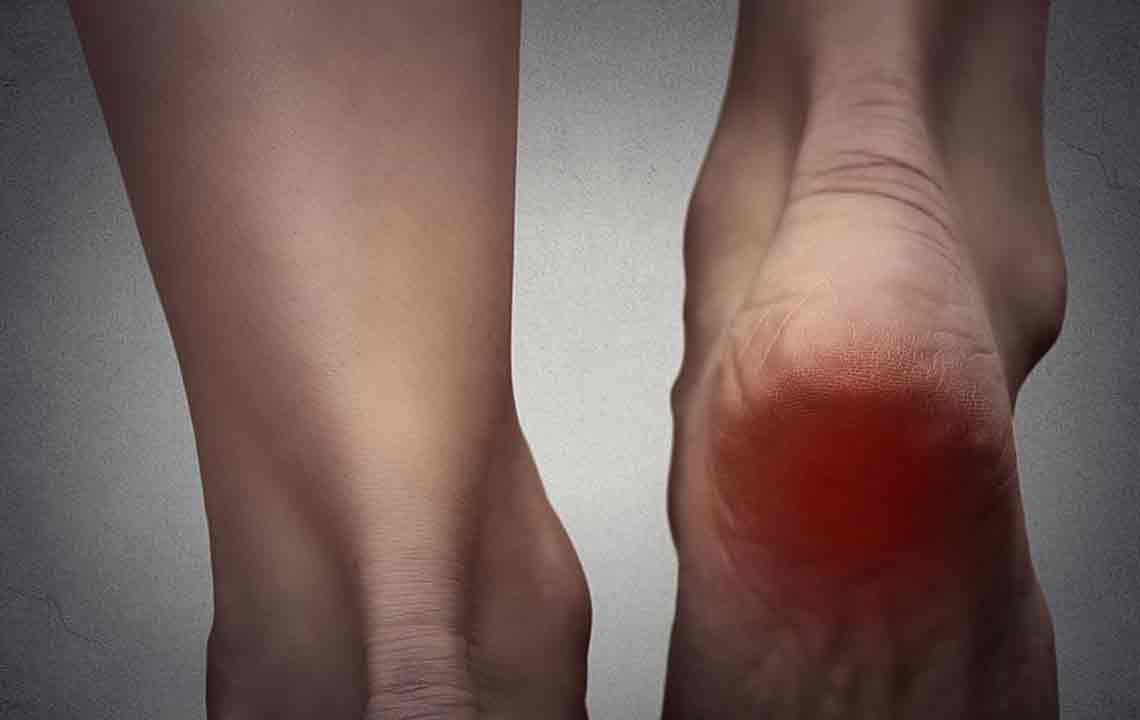
Simple Approaches to Managing Gout
Individuals with elevated cholesterol levels and excess weight are at higher risk for developing gout. While many experience sudden, painful gout episodes, other forms of the condition exist. Monitoring blood pressure and blood sugar can help reduce gout risk. Although a gout attack cannot always be prevented once it starts, it can be managed effectively. Uric acid buildup is a primary cause of gout, leading to intense joint pain during flare-ups.
Gout attacks often strike unexpectedly, sometimes waking individuals at night with excruciating pain. Historically associated with the feet, gout now also affects knees and fingers, particularly in women post-menopause and men with high cholesterol, obesity, or uric acid levels. Uric crystals formed due to excess uric acid trigger painful joint inflammations.
Various factors like alcohol, certain foods, stress, and medications can elevate uric acid levels, increasing the risk of gout. Initial signs include tingling, burning sensations, stiffness, and soreness in the affected joint. Effective management strategies include:
Rest in Bed: Rest is crucial during a gout attack. Staying in bed helps reduce joint stress and accelerates recovery, making it an essential initial treatment step.
Anti-inflammatory Medications: Non-steroidal drugs like ibuprofen, naproxen, indomethacin, and celecoxib are effective in reducing joint inflammation and swelling caused by gout.
Hydration: Drinking plenty of water helps flush uric acid crystals from the system, easing symptoms. Avoid alcohol and soda, which can worsen the condition.
Steroids: If NSAIDs are ineffective, corticosteroids prescribed by a doctor can help block uric acid crystal formation and prevent further attacks.
Dietary Adjustments: Consuming a vegetable-rich diet and avoiding red meats, seafood, and foods high in purines is recommended. Abstain from alcohol, sugary, and carbonated drinks.
Targeted Medications: Medications like allopurinol, colchicine, febuxostat, lesinurad, and probenecid may be prescribed if natural remedies prove insufficient.
Patience: Gout relief takes time; treatments may need several months to show effects. It is essential to follow the prescribed regimen and consult a doctor regularly.
If symptoms persist despite treatment, consult a healthcare professional promptly. Differentiating gout from joint infections is vital, as they share similar symptoms.

